Study: Fossil fuel CO2 emissions reached max daily decline of 17% in April
Green Car Congress
MAY 20, 2020
A preliminary analysis of global data has found that carbon dioxide emissions from fossil fuel sources reached a maximum daily decline of 17% in April as a result of drastic decline in energy demand that have occurred during the COVID-19 pandemic. This research is supported through funding from the Earth Systems and Climate Change Hub of the?Australian

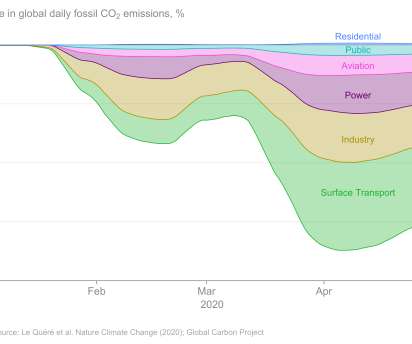
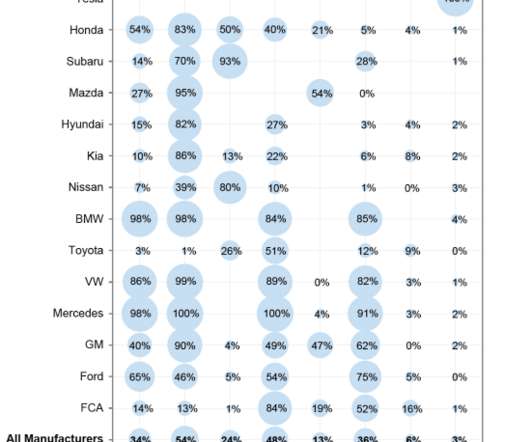






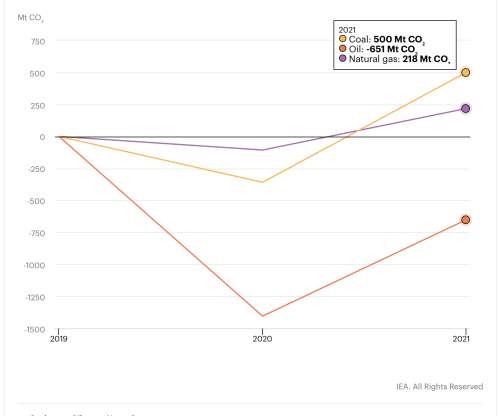









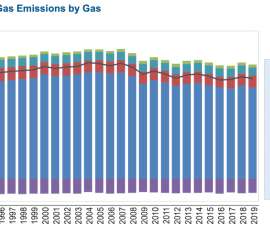
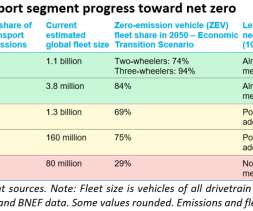





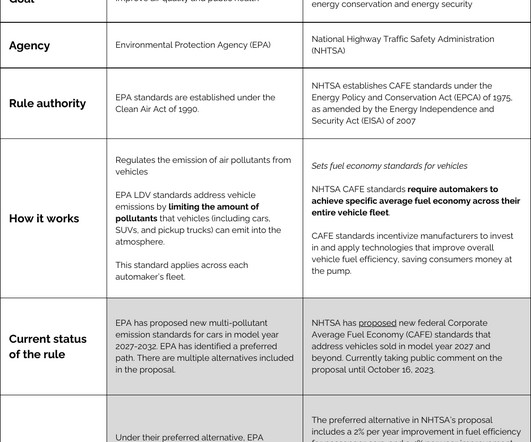


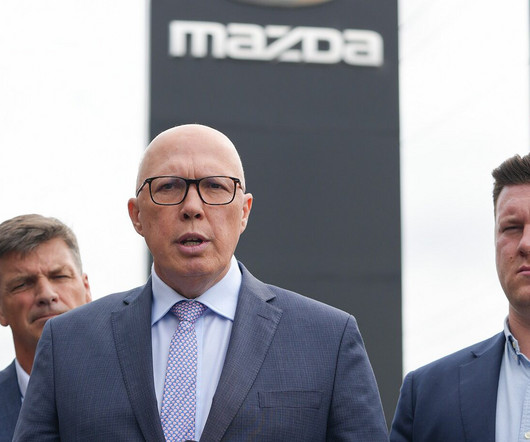







Let's personalize your content